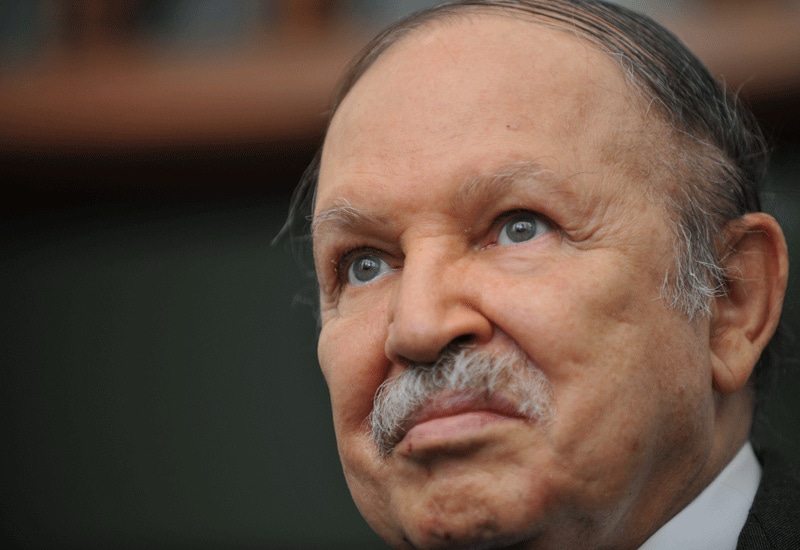President Abdelaziz Bouteflika has abandoned his previous announcement to run for re-election, responding to the mass demonstrations of the past weeks. Moreover, he has decided to postpone the presidential elections that were supposed to be held in April. In the meantine, a new system will be founded for a “new generation of Algerians”, Bouteflika stated. A new constitution will be implemented after a planned public referendum, as well as putting in motion social and economic reform. Right after the announcements citizens took to the streets again, this time celebrating a new political system and the power of the people.
————————————————————————————————————————————————-
Since President Abdelaziz Bouteflika, now 82 years old, announced to seek a fifth term to extend his presidency after his 20-year rule, mass demonstrations have broken out in all parts of the country. Mostly peaceful, these rallies are dubbed to be the biggest since the Arab Spring. The protesters are demanding Bouteflika to step down, as he is “unfit for the job” and even “too weak to leave”.
Political atmosphere
Bouteflika was elected President in 1999, after receiving 74 per cent of votes cast. He was the National Liberation Front (FLN) party’s candidate in those elections, claiming control over the party ever since, making the army a central concept in the political system of Algeria. He was seen as a war veteran due to his performance in the War of Independence against France, and he was praised for his negotiation to end the power of the military-based establishment “le pouvoir”. Because of oil and gas revenues, Algeria became more peaceful and especially richer. However, corruption triumphs and political and economic misery continues to exist. Suffering a stroke in 2013, Bouteflika has been largely out of sight from the public, as he is unable to speak or function appropriate to the job of President. It is said that the government has been ruled by a group of people – military and businessmen – around Bouteflika who want to continue their state of power as it exists right now, in forms of a “deep state”. In this way, Bouteflika functions as a power settlement. Also expressed by the FLN, the reason to pick Bouteflika as their candidate was the need for “continuity and stability”. They stated that, even though his rarity of appearance, he is strong enough to retain grip on public affairs. If Bouteflika would win the upcoming elections, he would be 87 at the next presidential elections.
Protests
Initially, protests arose among the younger people – students. The young protesters asked for the government to provide jobs, as more than a quarter under 30 is unemployed. Moreover, they demanded change and reform. More than 40 percent of the 41 million population in Algeria is younger than 25, and most elder people that witnessed the War of Independence and the more recent Civil War are mostly not participating in politics as they prefer peace and stability over political reform. However, recent protests show that elder people have joined the protests, addressing the “rebirth” of the country with a leader who can talk to the people. According to the protesters, the current system is not receptive for change, fair elections and public participation. Even though the opposition is divided, they have called together with civic groups for a continuation of the protests if Bouteflika pursues his plans of re-election. As a way of answering to the protesters, Bouteflika spoke of new elections to be held within a year if he would be elected this April. However, demonstrations continued, demanding the President to withdraw from the political scene entirely.
Future
Bouteflika has not directly addressed the protests. The authorities mentioned that he would travel to Geneva for medical checks, being therefore absent. Slowly local television stations show the protests, as state television and the official news agency Algeria Press Service (APS) revealed coverage of marches that they described as being “largely peaceful”. Journalist are more and more pressuring the management of state media to show public dissent of the protests.
Sources: Aljazeera, Dailystar I, Dailystar II, Dailystar III, Reuters
Photo: Flickr

